Department of Psychology
Fiscal Year 2024-2025

Dear Donor,
On behalf of the Department of Psychology, I extend our deepest gratitude for your generous support of our educational and research missions. Your commitment to advancing psychological science and education plays a vital role in the success of our students and faculty.
Thanks to donors like you, we are able to provide exceptional learning experiences, ofer scholarships and research opportunities, and invest in innovative projects that make a real-world impact. Your generosity fuels discoveries that not only expand scientifc knowledge but also improve lives and communities.
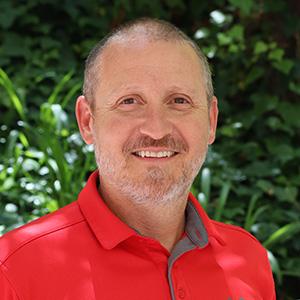
Your support also sends a powerful message to our students: there is a community that believes in their potential and is invested in their success. This encouragement is especially meaningful as they pursue their studies and prepare to contribute to the feld of psychology
We are proud of the work being done in our department and excited about what the future holds. We look forward to keeping you informed of our progress and hope to welcome you back to campus soon.
Paul Gilbert, Ph.D. Chair and Professor Department of Psychology





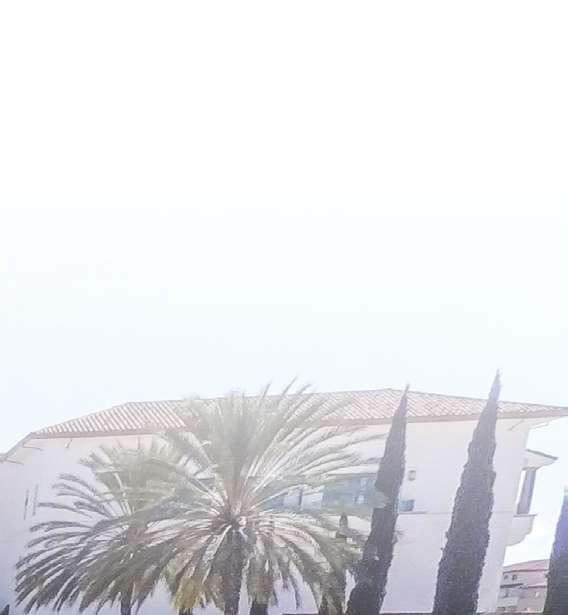

Propelling the SDSU Community Forward
Spatio-Temporal Brain Imaging Lab Support Fund
The Department of Psychology received a subsequent contribution to the Spatio-Temporal Brain Imaging Lab Support Fund, which supports student researchers, supplies, equipment, and travel expenses.
The overall goal of the lab is to examine spatio-temporal (i.e., “where and when”) characteristics of distributed neural circuits underlying cognitive and afective functions such as decision-making, inhibitory control, language, and emotion perception. The lab has many interests, including alcohol, Autism Spectrum Disorder, chronic pain, and others.
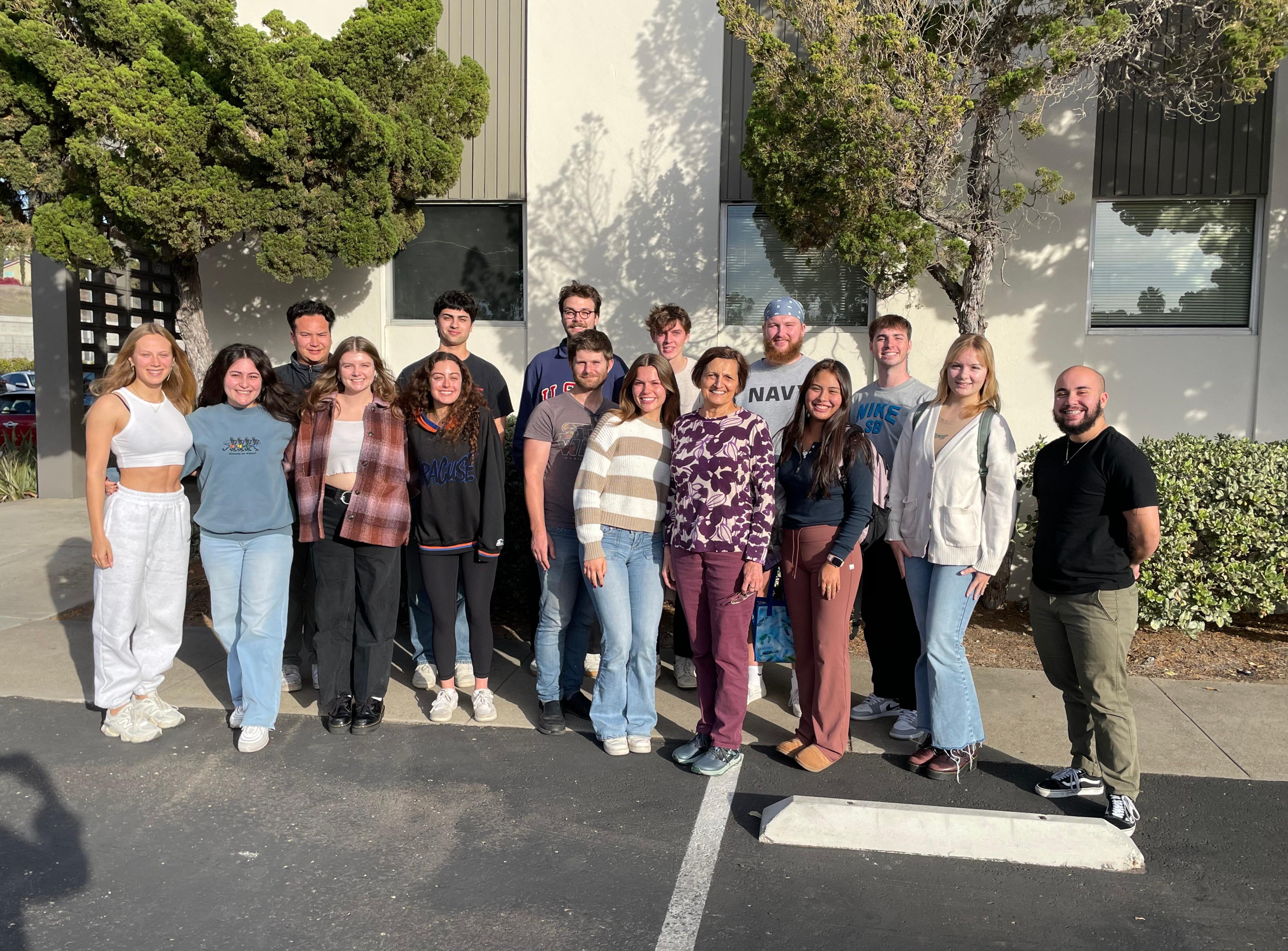
Thriving in the Aztec Experience
Liana Parrish, Class of 2025 Class Level: Undergraduate Student College: College of Sciences
Major: Psychology
Throughout her collegiate career, Liana has actively participated in programs such as the Henrietta Goodwin Scholars, Weber Honors College, and the SDSU MARC Program, all while maintaining academic excellence.
Passionate about diversity, equity, and inclusion, she was a founding member of the Psychology Department’s DEI Committee and has been involved in various student groups, including Black Campus Ministries, the Women of Color Empowerment Group, and Delight Ministries—a religious student organization at SDSU—serving as both president and social media coordinator.
She has also mentored youth through the AMANI Project, a program that provides culturally afrming support to Black students attending predominantly white elementary schools. Under the mentorship of Dr. Miguel Villodas, she has conducted psychology research, presenting her fndings at regional and national conferences, and most recently, defended her undergraduate honors thesis.
This fall, she will begin SDSU’s master’s program, with plans to pursue a Ph.D. in clinical psychology shortly thereafter.
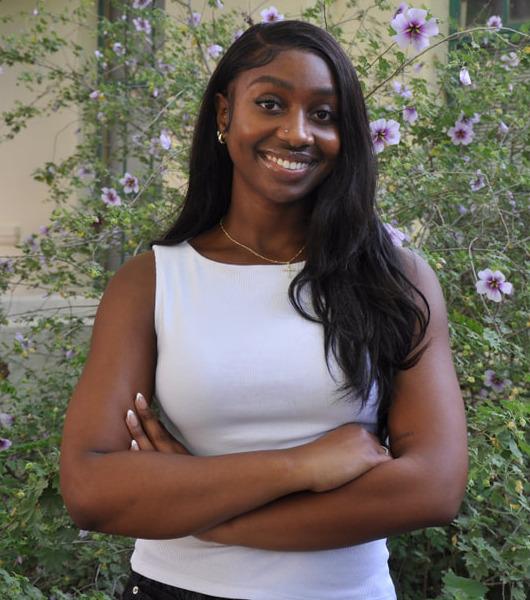
Liana exemplifes excellence and impact—founding DEI initiatives, leading student groups, mentoring youth, and conducting research as she advances to a master’s program with a Ph.D. on the horizon.
Celebrating Shared Success
Recent Rankings
U.S. News & World Report ranked the SDSU/UC San Diego Joint Doctoral Program in Clinical Psychology 27th among the best programs.
The Shanghai Academic Ranking of World Universities (ARWU) places the Department of Psychology at SDSU within the top 150 globally and among the top 59 in the U.S.
Statistics of Interest
Psychology is the largest major at SDSU, with over 2,200 undergrads in Fall 2024 and more than 550 bachelor's degrees awarded in May 2025.
About 82% of majors graduate within six years.
The program also includes 50–60 master’s and around 60 doctoral students annually.
Recent Highlights
Undergraduate majors can earn an emphasis in industrial-organizational psychology or neuroscience.
The neuroscience emphasis was launched in 2021, and already more than 400 students are enrolled.
SDSU has a research-dedicated MRI Center that is widely used by psychology faculty and students.
Our faculty are highly research-active, with programs spanning diverse psychology subfelds, including clinical, cognitive and behavioral neuroscience, developmental, industrial and organizational, social, neuro-, and health psychology.
Students have opportunities to gain hands-on experience in research labs and in the feld through internship placements.
This year, psychology students Megan Morillas and Vivianna Alfaro won two of SDSU’s ten Quest for the Best awards for excellence in academics and community service.
SDSU science professors have a global impact with research projects around the world! This includes Associate Professor of Psychology Linda Abarbanell’s studies on belief systems in a Tseltal Mayan community in Chiapas, Mexico.
The Center for Tobacco and the Environment launched a new app called iKickButts, which helps communities learn about and take action against toxic tobacco product waste.

Top Ranked
SDSU Psychology ranks top 150 globally (ARWU) & #27 in Clinical Psychology ((U.S. News & World Report); it's SDSU’s largest major with 2,200+ undergrads & strong grad programs.
Jillian Lee Wiggins, Ph.D.
Title: Professor
College: College of Sciences
Achievement: Dr. Jillian Lee Wiggins was one of six SDSU faculty members selected as a Presidential Research Fellow— one of the highest research honors on campus.
The award provides $25,000 to support each fellow’s research, scholarship, and creative activities.
Lee Wiggins' research leverages functional brain imaging to improve mental health screening and interventions for children. She recently gave a TEDxSanDiego talk on harnessing brain imaging technology to revolutionize child mental health treatment.
"I'm so honored and thrilled to receive this recognition for the work my team and I have been doing. We will continue working, day by day, to help create a future of healthier, happier families," said Dr. Lee Wiggins.
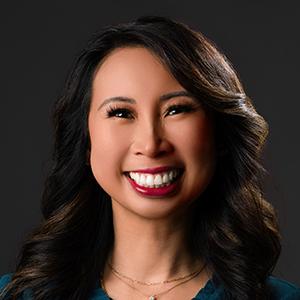
“We will continue working, day by day, to help create a future of healthier, happier families. — Dr. Lee Wiggins
Faculty Achievements
Georg E. Matt , Ph.D.
Title: Professor College: College of Sciences
Achievement: Professors Georg E. Matt (psychology), Thomas E. Novotny, Penelope J.E. Quintana, Eunha Hoh (School of Public Health), Rachael Record (School of Communication), and Lydia Greiner (College of Sciences) co-founded the SDSU Center for Tobacco and the Environment.
This pioneering center is the frst dedicated to addressing both human exposure and environmental contamination from decades of tobacco use.
Every puf of a cigarette or vape harms not only the smoker but also the environment.
Indoors, tobacco smoke and vapor leave behind thirdhand smoke—a toxic residue that clings to walls, furniture, and dust. Containing over 25 known carcinogens and reproductive toxins, it poses serious health risks, especially to infants and young children.
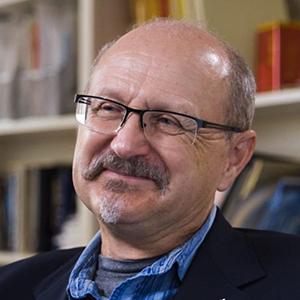
Outdoors, the impact is staggering. Cigarette butts—the most littered item globally—contain non-degradable plastic and leach toxic chemicals into soil and water, harming wildlife and fueling the microplastic crisis. In San Diego County alone, 200 million butts are discarded annually.
The Center’s work goes beyond research. Its iKickButts app empowers communities to document and map tobacco waste, generate reports, and share fndings with policymakers and advocates.
It also operates the Thirdhand Smoke Resource Center, an educational hub for families, property owners, health professionals, and educators.
The SDSU Center for Tobacco and the Environment reframes tobacco as not just a health issue, but an environmental one. In the coming year, it aims to expand community outreach, scale the app globally, and promote cleaner air, safer homes, and healthier communities.
Sarah Mattson-Weller, Ph.D.
Title: Professor
College: College of Sciences
Achievement: Dr. Sarah Mattson, an SDSU alumna, is passionate about her research on fetal alcohol spectrum disorders (FASD).
FASD is one of the most common neurodevelopmental disorders, afecting 1–5% of the population. Yet, most people remain unaware of FASD, and diagnosis continues to be a challenge for many.
Dr. Mattson's recent work—funded by the National Institute on Alcohol Abuse and Alcoholism and part of the Collaborative Initiative on FASD—focuses on developing accessible, easyto-use, and cost-efective screening tools. This research has led to the creation of two web-based tools: BRAIN-online and the FASD-Tree.
Together, these tools aim to improve accessibility and awareness while enhancing diagnostic accuracy for individuals afected by FASD.

“
Dr. Sarah Mattson is advancing FASD research with innovative, webbased tools that make screening more accessible, aiming to improve diagnosis for one of the most overlooked brain disorders.
